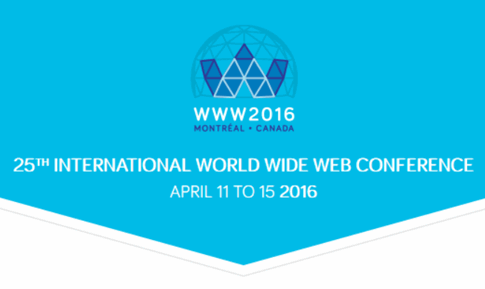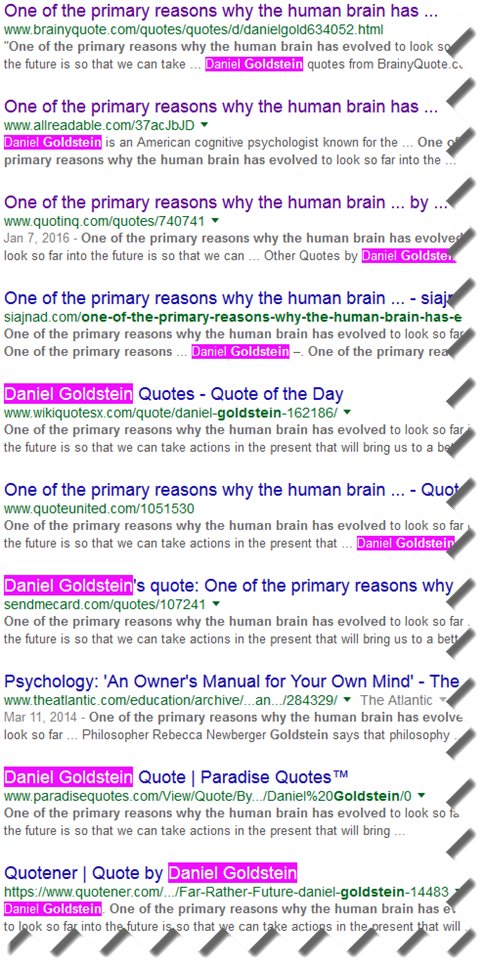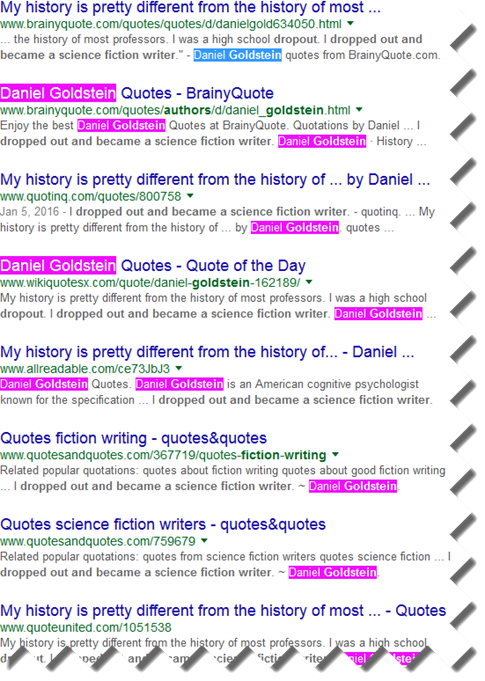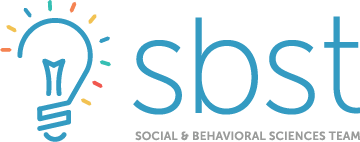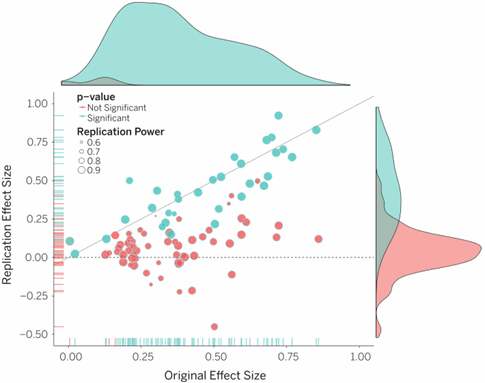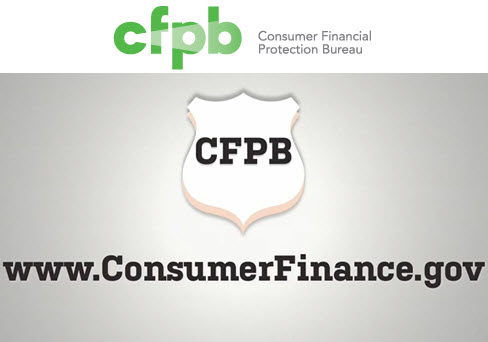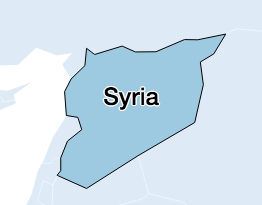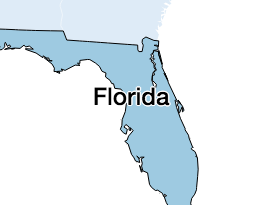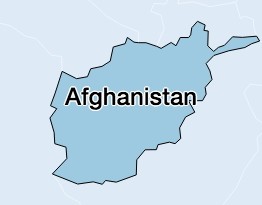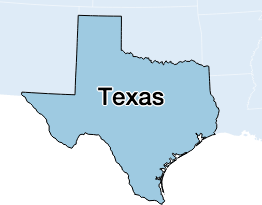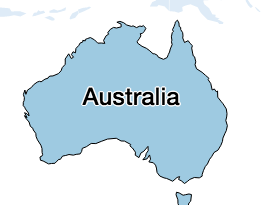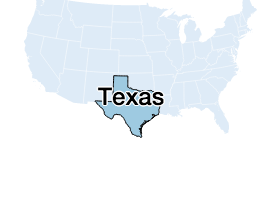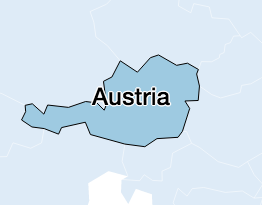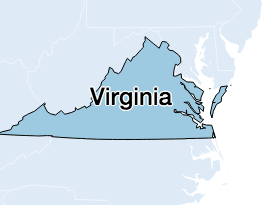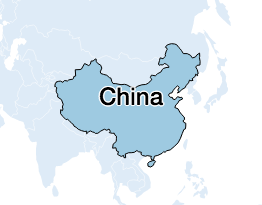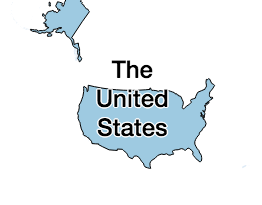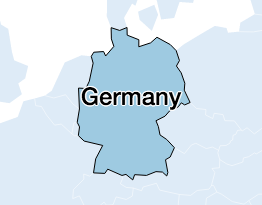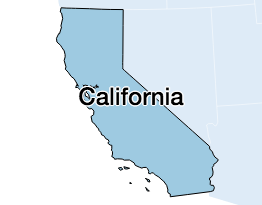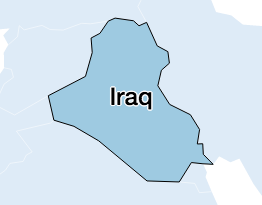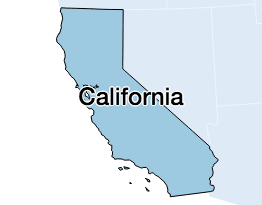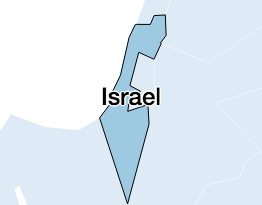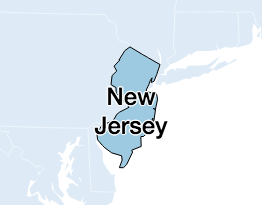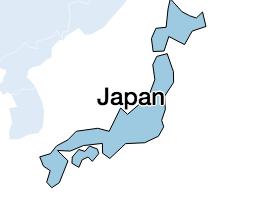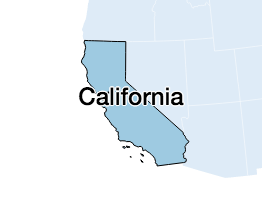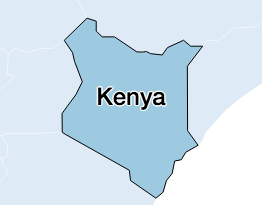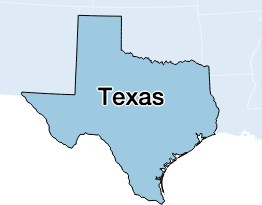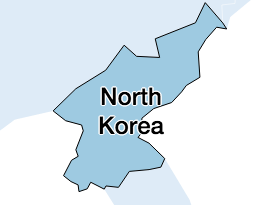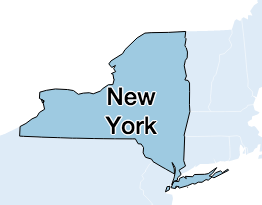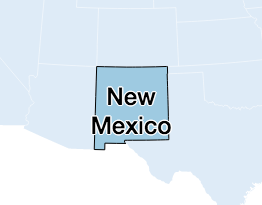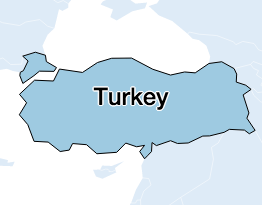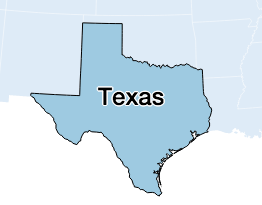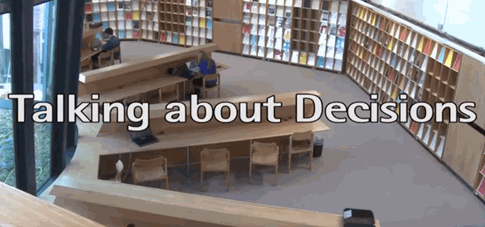COBE 2016: List of accepted presentations
 Subscribe to Decision Science News by Email (one email per week, easy unsubscribe)
Subscribe to Decision Science News by Email (one email per week, easy unsubscribe)
CROWDSOURCING AND ONLINE BEHAVIORAL EXPERIMENTS 2016, MONTREAL
We are pleased to announce the accepted presentations for COBE 2016 (the workshop on Crowdsourcing and Online Behavioral Experiments at the WWW 2016 Conference in Montreal). Thanks to all who contributed!
COBE Website: decisionresearchlab.com/cobe/
Date: April 12th, 2016
Location: A workshop at the WWW 2016 Conference, Montreal, Canada
Accepted papers:
| Time | Authors | Title |
| TBA | Eytan Bakshy, Drew Dimmery and John Myles White | Design-based Adaptive experimentation |
| TBA | Andrew Mao | TurkServer |
| TBA | Kevin Munger | Tweetment Effects on the Tweeted: Social Norm Promotion on Online Harassers |
| TBA | Greg Stoddard | Guess the Karma: Predicting popularity on Reddit |
| TBA | Patrick McKnight, Jacob Quartuccio, Michele Saad and David Nicholas | Response validity in crowdsourcing studies: An empirical investigation into sources of noise |
| TBA | Tad Hogg and Kristina Lerman | Disentangling the Effects of Social Signals in Crowdsourcing |
Overview
The World Wide Web has resulted in new and unanticipated avenues for conducting large-scale behavioral experiments. Crowdsourcing sites like Amazon Mechanical Turk, CrowdFlower, Upwork, TaskRabbit, among others, have given researchers access to a large participant pool that operates around the clock. As a result, behavioral researchers in academia have turned to crowdsourcing sites in large numbers. Moreover, websites like eBay, Yelp and Reddit have become places where researchers can conduct field experiments. Companies like Microsoft, Facebook, Google and Yahoo! conduct hundreds of randomized experiments on a daily basis. We may be rapidly reaching a point where most behavioral experiments will be done online.
The main purpose of this workshop is to bring together researchers conducting behavioral experiments online to share new results, methods and best practices.
Topics of Interest
- Crowdsourcing
- Online behavioral experiments
- Online field experiments
- Online natural or quasi-experiments
- Online surveys
- Human computation
Organizing Committee
Siddharth Suri, Microsoft Research NYC
Winter A. Mason, Facebook
Daniel G. Goldstein, Microsoft Research NYC
Program Committee
Alessandro Acquisti, Carnegie Mellon University
Pavel Atanasov, Polly Portfolio
Eytan Bakshy, Facebook
Laura Brandimarte, Carnegie Mellon University
Jesse J. Chandler, Mathematica
Yiling Chen, Harvard University
Nicolas Della Penna, Australian National University
Dean Eckles, MIT Sloan
Alice Gao, University of British Columbia
Sam Gosling, University of Texas at Austin
John Horton, NYU Stern
Eric Johnson, Columbia University
Brian Keegan, Northeastern University
Peter Krafft, MIT
Andrew Mao, Microsoft Research
Akitaka Matsuo, Nuffield College, Oxford University
Gabriele Paolacci, Erasmus University Rotterdam
Eyal Pe’er, Bar-Ilan University
Ragan Petrie, George Mason University
Alexander Peysakhovich, Facebook
David Rand, Yale Unviersity
David Rothschild, Microsoft Research
Sven Seuken, University of Zurich
Sean Taylor, Facebook
Florian Teschner, Karlsruhe Institute of Technology
Jennifer Wortman Vaughan, Microsoft Research
Jens Witkowski, ETH Zurich
Georgios Zervas, Boston University School of Management
Peter Zubcsek, University of Florida Warrington College of Business
Cocktails
As always, you are welcome to enjoy cocktails at the bar with us after COBE in the evening. It’s a tradition!
See you at COBE!
